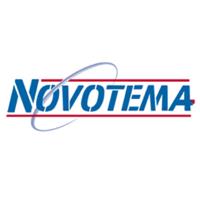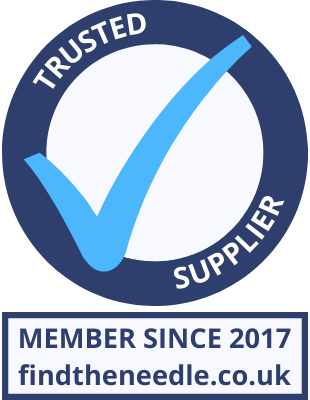 Add My Company
Add My Company
Sign In

Life science industry
The life science industry reflects the challenges associated with the human body, and saving human lives depends on emerging innovations and developing technology. Manufacturers of products for use in this sector must be conscious of the stringent demands and reflect this in the quality of their equipment. It’s one of the world’s most regulated environments, so what makes silicone the preferable choice in critical, life-changing applications for these manufacturers?
Properties of Silicone
Also known as polysiloxane, Silicone is made up of synthetic polymers and offers a rare range of physico-chemical properties such as:
High permeability
High stability
Low surface tension
Non-greasy touch
Liquid Silicone Rubber (LSR) is the most common sealing material to use in medical devices due to its biocompatibility and resistance to bacteria. LSR is free flowing and can be moulded, with tight tolerances, into intricate shapes and thin sections.
Biocompatible: Not harmful or toxic to living tissue.
Life science applications
The critical nature of Medical and Pharmaceutical applications mean that the need for high-performance materials with the ability to meet stringent demands is absolutely imperative. Thus, such materials have an extensive list of required qualities and characteristics. As with most applications in this industry, materials must be;
High quality, dependable and able to perform under pressure
Chemically resistant
Safe for human use
Customisable to meet the needs of specific applications
Heat resistant
Albeit, perhaps most importantly, materials for use in Food, Pharmaceutical and Medical applications must be biocompatible in order to avoid disruption to the activity or research being undertaken. As products used in Pharmaceuticals and Medical applications are naturally designed for human consumption, biocompatibility is of paramount importance.
Compliance
Naturally, life science applications are also subject to rigorous regulations in measures to prevent contamination and reduce risks associated with Medical and Pharmaceutical equipment.
Related: Preventing contamination with Pharmaceutical sealing
Life science applications demand stringent quality standards from their sealing materials, in order to reduce potential risk to the consumer. Two of the most prominent quality standards on this front are regulated by the Food & Drug Administration (FDA) and the United States Pharmacopeia (USP).
FDA
The FDA is responsible for ensuring that any food or drug product available in the United States is safe, wholesome and sanitary. CFR21.177.2600 describes the relevant regulations for ‘Rubber articles intended for repeated use’. Silicone is one such FDA-compliant elastomer sealing material, with others including NBR, EPDM, HNBR, FKM and FFKM – with specification depending on the operating conditions of the seal.
USP Class VI
The USP is a non-governmental organisation which has established state-of-the-art standards to ensure the quality of medicines and healthcare technologies. Silicone is one such elastomer which has been tested and approved to the USP Class VI standard.
Full batch traceability and certification to ISO 10204 are also important in instilling confidence in the safety of a sealing material intended for a life science application.
Silicones in life science
The properties of Silicone and the requirements of life science applications are closely correlated and work in harmony with one another to tackle the demands of the industry. Where Medical and Pharmaceutical applications typically require high biocompatibility, Silicone is frequently to ‘go-to’ material and commonplace in life science environments.
Laboratory
The accuracy of analytical equipment in a laboratory is fundamental in effective diagnosis and prescribing the most appropriate treatment for patients. Silicone products typically found in these applications are;
O-rings
Duckbills (One-way/non-return valves)
Diaphragms
Operating room
Home to highly critical, time-restricted operations – reducing the risk of downtime is a primary focus for original equipment manufacturers (OEMs) of products designed for the operating theatre. Silicone products typically found in these applications are;
Lip Seals
O-rings
Diaphragms / Membranes
Patient room
Necessary to providing patients with critical support, infusion pumps, dialysers, ventilators and respiratory devices are all critical to delivering critical fluids and aiding patient recovery. The performance of these applications is also hugely reliant on Silicone products, particularly;
Duckbill valves (Non-return/one-way valves)
O-rings
Diaphragms
Novotema sealing solutions for life sciences
Looking for sealing solutions for Pharmaceutical, Medical and Food applications? Don’t risk performance and quality in critical, life-changing environments. Where downtime and machine failure isn’t an option, get in touch with Novotema to find a Silicone sealing solution tailored to your exact requirements.
For more information on Silicone: The preferred material for life science applications talk to Novotema SpA
Enquire Now
List your company on FindTheNeedle.

